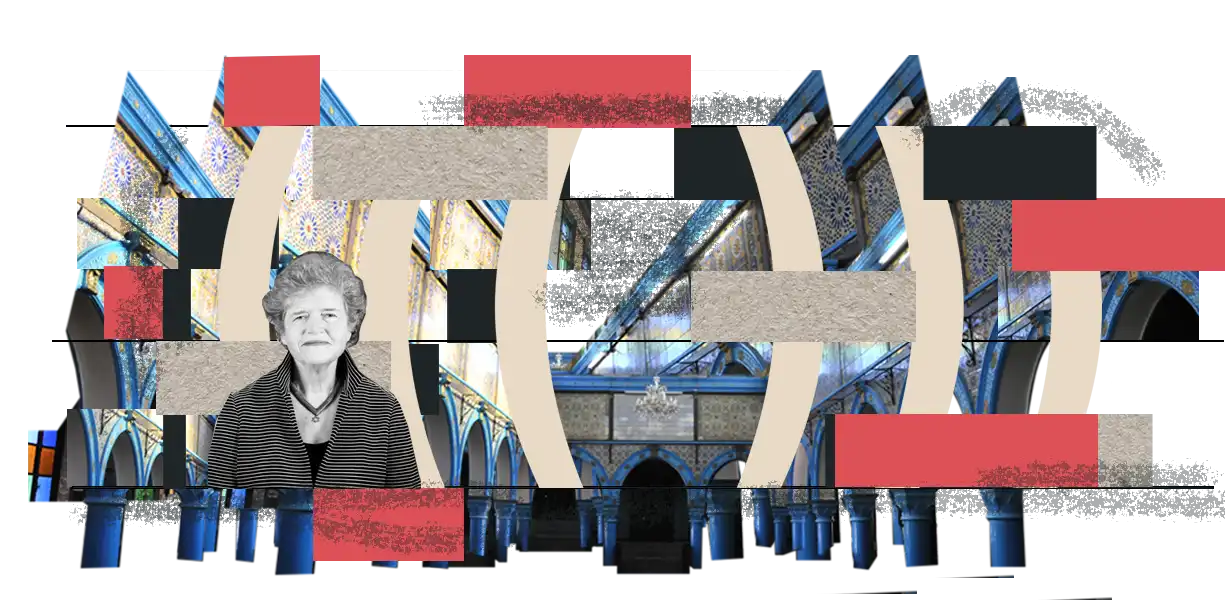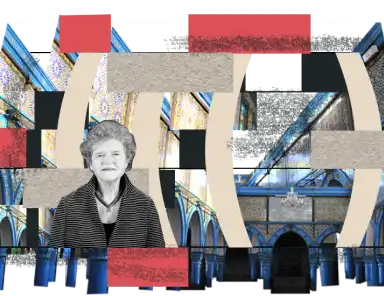In May of this year, I had the privilege to visit the El Ghriba Synagogue on the island of Djerba, in Tunisia. Though diminished in size now, Djerba comprises one of the oldest Jewish communities in the world. The community has lived in relative peace for centuries alongside its Muslim neighbors. Every spring, the El Ghriba Synagogue attracts several thousand Jewish pilgrims from Europe, the U.S. and Israel for a festive celebration of Lag B’Omer — a joyous occasion in which I participated with U.S. Ambassador Joey Hood.
When many people think of antisemitism, they tend to think of the six million Jews murdered across Europe by the Nazis and their collaborators, a genocide that took the lives of one third of the Jewish people. Or, if they are looking at more contemporary events, they cite the ugly example of young men with tiki torches chanting “Jews will not replace us” in Charlottesville, Virginia, in 2017.
Sadly, many people don’t think of the struggles that Sephardi and Mizrahi Jews have faced in their homelands throughout the Middle East, North Africa and Iran. Though they often lived in harmony with their non-Jewish neighbors, there were far too many moments of discrimination and persecution. Far too many people fail to recall that one million Sephardi and Mizrahi Jews were displaced from their ancestral lands in the past century.
And many of us, including me, didn’t expect a deadly antisemitic attack on the El Ghriba Synagogue. Two Jewish pilgrims and four Tunisian security officers were killed a day after my visit to the Lag B’Omer festivities. I heard of the shocking news just hours before my departure from Tunisia. Just 24 hours earlier, we had stood in that same spot. The joy of those in attendance was infectious. And then, suddenly and unexpectedly, a joyous, age-old celebration was tinged by terrible tragedy.
This appalling tragedy at El Ghriba is yet another reminder of why it is as critical as ever to heighten awareness and strengthen education about antisemitism in all its ugly and dangerous forms, both historic and contemporary. As U.S. Special Envoy to Monitor and Combat Antisemitism, I was proud to contribute to — and help roll out — the Biden Administration’s new National Strategy to Counter Antisemitism this May.
Thanks to groups like JIMENA, this strategy acknowledges the stories of exclusion, expulsion and persecution experienced by Sephardi and Mizrahi Jews, and helps us learn from them so that we can more effectively call out and combat antisemitism in the present day.
It’s long past time to uplift these Sephardi and Mizrahi voices. I am honored to contribute to this first issue of Distinctions. I wish this journal and JIMENA years of success.
Ambassador Deborah Lipstadt visits the historic Synagogue La Ghriba in Tunisia as part of Lag B’Omer festivities, just 24 hours before a deadly attack occurred there.
Ambassador Deborah Lipstadt visits the historic Synagogue La Ghriba in Tunisia as part of Lag B’Omer festivities, just 24 hours before a deadly attack occurred there.



